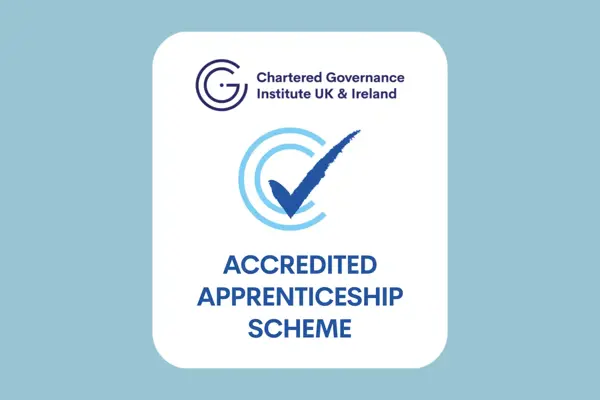Apprenticeship funding - for employers
Funding is available for both new and existing employees, depending on the apprentice's age and experience.
- Employers in England can access full funding for those aged over 16, so you only need to pay their salary.
- Funding is used to cover the cost of off-the-job training, and employers can top this up further if they wish (in agreement with their chosen training provider).
England: National Apprenticeship Service
Rates of apprentice pay
- If your apprentice is aged under 19 or in the first year of their apprenticeship, you must pay the national minimum wage for an apprentice.
- If your apprentice is aged 19 or over, or if they have completed the first year of their apprenticeship, you must pay them the national minimum wage.
However, you may want to consider offering a more competitive salary for your apprentices to attract and retain the top talent. In some roles the wage may increase as the apprentice progresses and takes on more responsibility, and they are entitled to the same benefits as an employee, including a holiday allowance.
England's apprenticeship levy explained
The apprenticeship levy is a compulsory tax on employers in England to help fund the development and delivery of apprenticeships, with the aim of improving the quality and quantity of those available. Employers fall into one of two groups: levy payers and non-levy payers.
Your wage bill determines if you pay the levy:
Wage bill of £3 million or more
If your annual wage bill is £3 million or more you must pay the levy, whether you employ apprentices or not. The amount payable is 0.5% of your wage bill. All employers get a £15,000 allowance to offset the amount they have to pay.
The payments go into the online Apprenticeship Service,
which lets you manage your apprenticeship funding and delivery.
The levy can be used to pay for End Point Assessments, but not the registration or certification of non-mandatory qualifications.
Wage bill under £3 million
If your annual wage bill is under £3 million, you don't have to pay the levy.
You'll contribute 5% towards the cost of the required apprenticeship training and the government will pay the remaining 95%.
Whatever size of business you are, taking on apprentices is a highly cost-effective way of recruiting new talent into your organisation.
How to launch your governance officer apprenticeship scheme
To launch a successful governance apprenticeship scheme, you need:
- to be based in England;
- a defined role in your governance team that you'll fill or create through an apprenticeship; and
- an apprenticeship programme that can deliver the education and experience needed to acquire the governance apprenticeship qualification.
It’s easier than you think – see the government advice for a step by step guide.
Setting up an apprenticeship scheme
Many organisations think apprenticeships are hard to set up. However, the training provider will provide lots of support, so you won’t be bombarded with forms and paperwork. Your employee's training provider will do most of the administration for you, including a health and safety check.
These apprenticeship training providers will be offering a Governance Officer Apprentice training from early 2024:
Promote your organisation as an employer using the Governance Officer Apprenticeship scheme
Once you have created a role and job advertisement for your apprentice(s), get in touch and we will provide you with a logo to display on your website and within your job advert, which states that you offer the Governance Officer Apprenticeship Scheme accredited by the Chartered Governance Institute UK & Ireland.
How much support do apprentices need?
Apprentices are employees and are training so will need similar support to any other trainee employee. The more you engage with your apprentice, working with them to support their off-the-job training, the more you and they will get out of the apprenticeship.


Apprenticeships can be tailored to specific job roles, making them flexible to your business needs.
76% of employers say apprenticeships boost productivity.
Source: Apprenticeships Evaluation 2018-19: Employers Research report.
Apprenticeships aren’t just for new employees. They're a great opportunity to increase your current staff's skills, knowledge and confidence. Whether you do this or hire new apprentices, you'll be eligible for government funding.
Apprentices can often provide better value, with increased loyalty, enthusiasm and motivation. Businesses say apprentices bring ambition, a fresh perspective and an entrepreneurial spirit the standard recruitment process rarely provides.
85% of employers would recommend apprenticeships to others. (Source: Apprenticeship evaluation 2021: Employer survey.)
Whether you hire school leavers or experienced workers, apprentices can bring fresh skills, experiences and ideas. There’s no upper age limit – your apprentices must simply be over 16, not be in full-time education, and have lived in the UK or EEA for over three years, so it may help demonstrate your commitment to inclusivity as an employer.
Apprentices will study a governance qualification accredited by the CGIUKI, gaining practical governance training, professional standards and essential business skills.
Apprentices are a really cost-effective way to hire and train staff. You'll get government funding towards training costs.

